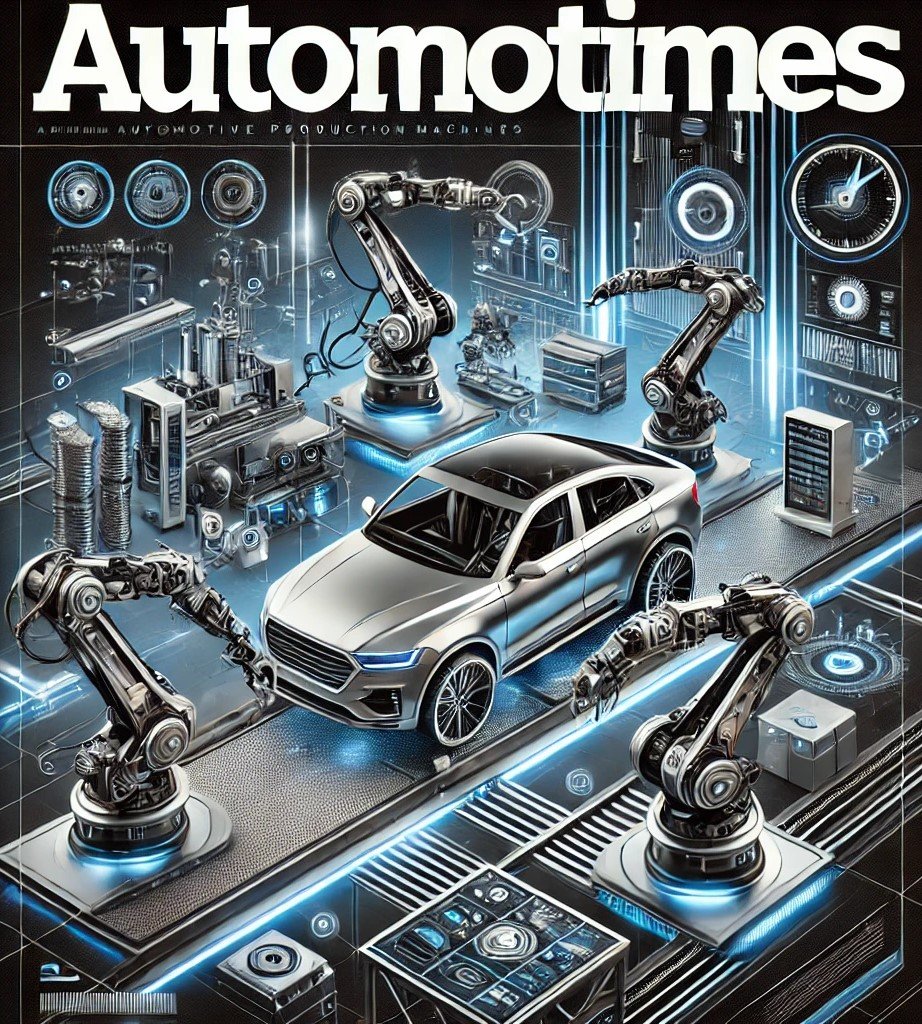Fuel filters prevent contaminants from entering the engine by physically trapping impurities and debris present in the fuel before it reaches the engine components, such as the fuel injectors and combustion chamber. Clean fuel is essential for the proper functioning of the engine, as contaminants like dirt, rust, water, and debris can cause clogging, damage, or inefficient combustion. Here’s how fuel filters perform this function, along with the common types used:
How Fuel Filters Prevent Contaminants from Entering the Engine
- Filtration Mechanism:
- Micron Filtration: Fuel filters typically use fine mesh or paper elements with micron-level filtration capabilities. These elements trap particles of varying sizes, preventing them from passing into the fuel system. Microns are used to measure the size of particles filtered out, with the filter rating typically being expressed in microns (e.g., a 10-micron filter traps particles as small as 10 microns in diameter).
- Straining & Absorption: The filter works by physically straining out larger particles, such as dirt and debris, and absorbing smaller contaminants like water or rust through the filter medium.
- Location in the Fuel System:
- Fuel filters are typically placed between the fuel tank and the engine, often close to the fuel pump or injectors. This ensures that contaminants are removed before the fuel enters the engine’s sensitive components, preventing damage to the injectors, pump, and fuel lines.
- Blocking Water Contaminants:
- Water can be present in fuel due to condensation or contamination during fuel handling. Fuel filters can have a water separation element or feature designed to remove water from the fuel before it reaches the engine. Water in fuel can lead to poor combustion and cause rust or corrosion in the fuel system.
- Preventing Clogging of Fuel Injectors:
- A clean fuel filter ensures that harmful particles do not clog the fuel injectors, which could impair fuel flow and atomization. Clogged injectors can cause misfires, uneven combustion, and reduced engine performance.
Common Types of Fuel Filters
- Paper Element Fuel Filters:
- Description: These filters consist of a pleated paper element that has a high surface area for trapping contaminants. Paper filters are often used in gasoline engines and are effective at filtering out both large and small particles.
- Applications: Common in most gasoline-powered vehicles and light-duty engines.
- Advantages: Paper filters are inexpensive and effective at filtering out small debris.
- Disadvantages: Paper filters can degrade over time, and they may not perform as well in high-contamination environments.
- Mesh Fuel Filters:
- Description: These filters use a mesh screen made of stainless steel or synthetic materials to capture larger debris. Mesh filters are reusable and can be cleaned and reinstalled.
- Applications: Common in diesel engines, motorcycles, and some performance vehicles.
- Advantages: They can be cleaned and reused, making them cost-effective over time.
- Disadvantages: Less effective at filtering smaller particles than paper filters and may require more frequent cleaning in heavy-duty applications.
- Cartridge Fuel Filters:
- Description: These filters consist of a replaceable cartridge that houses the filter element (typically paper or synthetic fibers) and is usually placed inside a metal or plastic housing. Cartridge filters are often used in both gasoline and diesel engines.
- Applications: Common in both gasoline and diesel vehicles, particularly in newer models.
- Advantages: They provide high filtration efficiency and are easy to replace.
- Disadvantages: Requires periodic replacement of the cartridge, which can be more expensive compared to mesh filters.
- Spin-On Fuel Filters:
- Description: These filters are often used in diesel engines and consist of a metal housing that contains the filter element. The entire filter unit is typically screwed onto the engine for easy installation and removal.
- Applications: Common in diesel-powered trucks, commercial vehicles, and heavy-duty equipment.
- Advantages: Easy to replace, with a self-contained filter element and housing.
- Disadvantages: Replacement can be more expensive compared to paper or mesh filters.
- Water Separator Fuel Filters:
- Description: These filters are designed specifically to remove water from the fuel. They feature an additional element or separation mechanism that allows water to be trapped and separated from the fuel before it reaches the engine.
- Applications: Common in diesel engines, where water contamination is a concern due to condensation or water in the fuel.
- Advantages: Prevents water-related damage to injectors, combustion chambers, and fuel pumps.
- Disadvantages: Can require more maintenance due to the need to drain the accumulated water regularly.
- High-Performance Fuel Filters:
- Description: These filters are designed for high-performance and racing vehicles, where fuel purity is critical to engine performance. They often use advanced materials such as synthetic fibers, stainless steel, or carbon to provide superior filtration.
- Applications: High-performance cars, racing vehicles, and performance motorcycles.
- Advantages: Provide optimal fuel flow and very fine filtration, improving engine efficiency and power output.
- Disadvantages: More expensive and may require specialized parts for installation.
Conclusion
Fuel filters are essential for keeping contaminants out of the engine’s fuel system, ensuring smooth performance and longevity. By filtering out dirt, rust, water, and other harmful particles, fuel filters protect the engine’s fuel injectors, fuel pump, and other components from wear and damage. The most commonly used types of fuel filters include paper element filters, mesh filters, cartridge filters, spin-on filters, water separators, and high-performance filters, with each type offering distinct advantages and suited to different engine types and usage scenarios. Regular maintenance and replacement of the fuel filter are crucial to keeping the engine running at its best and preventing costly repairs.
Hashtags
#FuelFilterProtection #PreventFuelContamination #ContaminantFreeEngine #FuelFilterForEngineHealth #CleanFuelForEngine #ProtectEngineWithFuelFilter #CarFuelFilter #DieselFuelFilter #GasolineFuelFilter #InlineFuelFilter #FuelPumpFilter #CanisterFuelFilter #FuelWaterSeparator #HighFlowFuelFilter #EngineHealthWithFuelFilter #ProtectEngineLife #FuelSystemProtection #PreventEngineDamage #FuelFilterForLongevity #FuelFilterMaterials #SyntheticFuelFilter #PaperFuelFilter #MeshFuelFilter #CarbonFuelFilter #CloggedFuelFilter #DirtyFuelFilter #FuelFilterReplacement #FuelFilterIssues #ChangeFuelFilter #TruckFuelFilter #MotorcycleFuelFilter #DieselTruckFuelFilter #ElectricVehicleFuelFilter #FuelFilterForHeavyDutyVehicles #FuelEfficiency #OptimalEnginePerformance
















